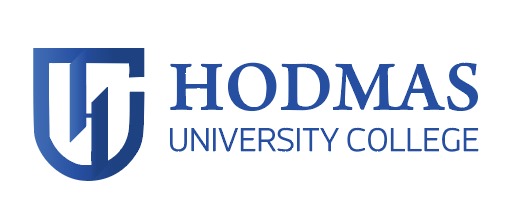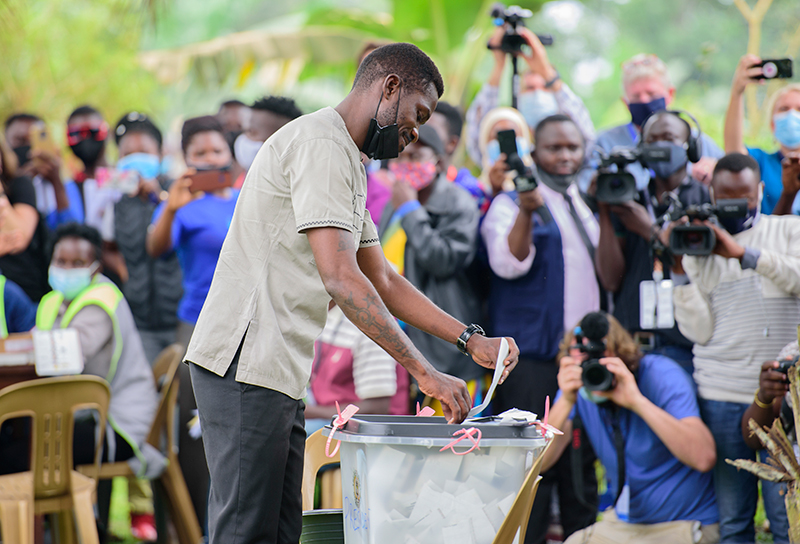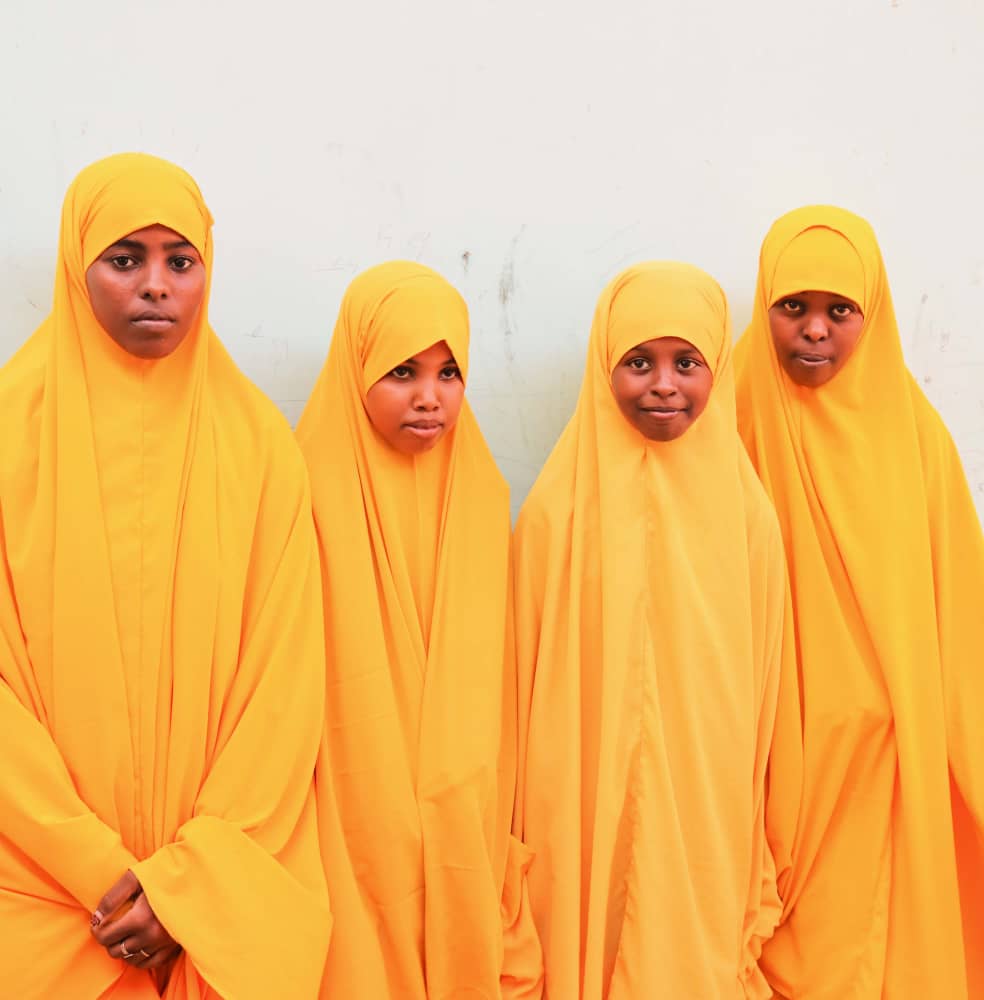Who is a woman?
A woman is an adult female human. Prior to adulthood, a female human is referred to as a girl (a female child or adolescent). The plural woman sometimes used in certain phrases such as “women’s rights” to denote female humans regardless of age, according to Wikipedia.
A woman in Somalia, like in any other society, is defined as an adult female human being. In Somali culture, a woman is often expected to fulfill traditional roles such as wife, mother, and caregiver, but this is not the only aspect of a woman’s identity. Women in Somalia, like women around the world, have diverse interests, experiences, and aspirations that go beyond these traditional roles.
The experiences and identities of women in Somalia are shaped by a variety of factors, including religion, culture, and geography. For example, women living in urban areas may have different experiences than those living in rural areas, and women from different religious or ethnic groups may have unique identities and traditions.
In Somali culture, women are often highly respected for their roles as caretakers and nurturers. However, Somali women also face significant challenges, including limited access to education and economic opportunities, gender-based violence, and discrimination.
Despite these challenges, Somali women have made significant contributions to their families, communities, and the country as a whole. Women have been active in promoting peace and reconciliation in Somalia, and many have been involved in civil society organizations working on issues such as human rights, gender equality, and youth empowerment.
Overall, the diversity and resilience of women in Somalia reflect the complexity and richness of Somali society as a whole. By promoting women’s rights and empowerment, Somalia can tap into the full potential of its female population and build a brighter future for all Somalis.
Islam on International Women’s Day
Islam recognizes and values the rights of women and promotes gender equality. Women in Islam have been given the right to education, to work, to own property, to participate in politics, and to enjoy the same legal rights as men. The status of women in Islam is not inferior to that of men, and the religion emphasizes treating women with kindness, respect, and honor.
Islam promotes the concept of modesty and encourages men and women to interact with each other with respect and dignity. Celebrating Women’s Day, as it is commonly observed, may conflict with Islamic principles, as it can lead to immodest behavior and interaction between men and women.
Instead, Islam encourages the recognition and celebration of women’s achievements and contributions to society in a way that upholds Islamic values and principles. For example, Muslim women can be recognized and celebrated for their accomplishments in fields such as education, science, art, and literature through Islamic organizations, forums, or events that adhere to Islamic principles and values
History of International Women’s Day in Somalia
International Women’s Day (IWD) has been celebrated in Somalia since the 1970s. It is an important day for women in Somalia to reflect on their achievements, advocate for their rights, and raise awareness about the challenges they face.
During the early years of IWD celebrations in Somalia, the focus was on women’s participation in political, economic, and social activities. Women’s organizations organized rallies, seminars, and conferences to raise awareness about gender-based discrimination and violence against women.
In the 1980s, women’s organizations in Somalia began to focus on women’s health, education, and economic empowerment. They started to provide training and support to women entrepreneurs and advocated for policies that would promote women’s access to education and healthcare.
In 1991, the Somali Civil War broke out, which had a devastating impact on women and children. Women were targeted for rape, abduction, and forced marriage, and many were displaced from their homes. Women’s organizations continued to work during this period, providing support and services to women who had been affected by the conflict.
In recent years, women’s organizations in Somalia have been working to increase women’s participation in politics and decision-making. In 2012, the Somali government approved a quota system that reserved 30% of parliamentary seats for women. This has led to an increase in the number of women in parliament and has helped to raise awareness about the importance of women’s participation in politics.
Understanding the milestones upon IWD in Somalia
International Women’s Day (IWD), Is celebrated on March 8 every year. In different regions the focus of the celebrations ranges from Øgeneral celebration of respect, Øappreciation and Ølove towards women For their Øeconomic, Øpolitical and Ø social achievements.
Just like other countries celebrates International Women’s Day on March 8th, Somalia, a country in the Horn of Africa, is also joining in the celebration. Despite facing many challenges, Somali women have made remarkable progress in recent years, and their achievements are worth highlighting.
One of the most significant milestones for Somali women is the increasing number of women in leadership positions. In 2020, the country appointed its first-ever female mayor, Ms. Zamzam Abdi Aden, to lead the capital city, Mogadishu. Her appointment marked a significant milestone for women’s empowerment in the country, as women have traditionally been underrepresented in politics.
In addition, Somali women have also been taking on leadership roles in other areas, such as business, education, and civil society. Many Somali women have started their own businesses, including small enterprises and large-scale ventures. These women have defied societal expectations and are making a significant contribution to the economy.
Moreover, Somali women have also been at the forefront of peace-building and conflict resolution efforts in the country. Women-led initiatives have played a vital role in promoting dialogue and reconciliation among different communities in the country, especially during times of political instability and conflict.
However, despite the progress, Somali women still face many challenges, including gender-based violence, limited access to education, and limited economic opportunities. Many Somali women are also affected by poverty and have limited access to healthcare services.
As Somalia celebrates International Women’s Day, it is essential to recognize the progress made by women in the country and also to acknowledge the challenges that they continue to face. The celebration should serve as a reminder of the need for continued efforts towards gender equality, women’s empowerment, and the promotion of women’s rights.
The Somali government, civil society organizations, and the international community must work together to address the challenges faced by Somali women and create an enabling environment for them to achieve their full potential. Only by working together can we ensure that Somali women have equal opportunities and can fully participate in the development of their country.
Why International Women’s Day?
International Women’s Day is celebrated annually on March 8th to recognize the achievements and contributions of women around the world, as well as to raise awareness about the ongoing struggle for gender equality. The day serves as a call to action to continue working towards eliminating discrimination and achieving gender parity in all areas of life, including education, employment, politics, and social and cultural spheres. Some reasons to celebrate International Women’s Day are:
- To acknowledge the contributions of women: Women have made significant contributions to society in various fields, but their achievements have often been overlooked or undervalued. International Women’s Day provides an opportunity to recognize and celebrate the contributions of women to our communities, economies, and societies.
- To promote gender equality: Despite progress made over the years, gender inequality still exists in many parts of the world. International Women’s Day serves as a reminder of the ongoing struggle for gender parity and encourages action toward creating a more equitable and just world for all.
- To empower women: International Women’s Day celebrates the achievements of women and provides a platform for women’s voices to be heard. The day inspires and empowers women to speak out, take action, and advocate for their rights and the rights of other women.
- To raise awareness: International Women’s Day helps to raise awareness about the challenges that women face, including gender-based violence, discrimination, and unequal access to education and employment. It also highlights the need for greater support and investment in programs and initiatives that promote gender equality.
Are there Somali Women to talk about their success stories?
Not only Europeans have made successful stories, but Somali Women serve as examples to the entire world as to mention but a few;
Edna Adan Ismail: Edna is a former Foreign Minister of Somalia and a prominent women’s rights activist. She is the founder of the Edna Adan University Hospital in Hargeisa, which provides healthcare and training to women in the region.
Fadumo Dayib: Fadumo is a Somali-Finnish politician and human rights activist. She was the first woman to run for president of Somalia in 2016 and has been a vocal advocate for women’s rights and political participation.
Amina Moghe Hersi: Amina is a successful businesswoman and entrepreneur who has made significant contributions to the Somali economy. She is the founder of Horyaal Investments, a conglomerate that operates in various sectors including telecommunications, logistics, and hospitality.
Ifrah Ahmed: Ifrah is a women’s rights activist who has been a vocal advocate against female genital mutilation (FGM). She founded the Ifrah Foundation, which works to end FGM and provides support to survivors.
Ilwad Elman: Ilwad is a human rights activist who has been working to promote peace and security in Somalia. She is the founder of the Elman Peace and Human Rights Centre, which provides support to women and children who have been affected by violence.
These women and many others have made significant contributions to Somalia’s development and the advancement of women’s rights. Their stories and accomplishments are a source of inspiration for all Somali women, and their work continues to inspire generations of women to come.
Discussion of the role played by Somali Women
Women have played and continue to play a crucial role in Somali society. Despite facing many challenges, including limited access to education, healthcare, and economic opportunities, Somali women have made significant contributions to their families, communities, and the country as a whole.
Traditionally, Somali women have been responsible for domestic work, including cooking, cleaning, and caring for children and the elderly. However, many women have also been involved in agricultural and pastoral work, including animal husbandry and farming.
In recent years, Somali women have increasingly become involved in public life, including in politics and business. Women have played an important role in promoting peace and reconciliation in Somalia, and many have been active in civil society organizations working on issues such as human rights, gender equality, and youth empowerment.
Despite these contributions, women in Somalia continue to face significant barriers to equality, including limited access to education and economic opportunities. There is a need to increase investment in women’s education and vocational training, as well as to promote policies and programs that support women’s economic empowerment.
Overall, the role of women in Somalia is critical to the development and prosperity of the country. By promoting women’s rights and empowerment, Somalia can tap into the full potential of its female population and build a brighter future for all Somalis.
In Somalia, despite these efforts, women in Somalia still face many challenges, including gender-based violence, limited access to education and healthcare, and discrimination in the workplace. International Women’s Day continues to be an important day for women in Somalia to come together and advocate for their rights leading to the question “Do Somali women face challenges?”
Generally, Women in Somalia face a range of challenges that impact their daily lives and opportunities. Here are some of the most significant challenges:
Gender-based violence: Women in Somalia are at high risk of experiencing gender-based violence, including domestic violence, rape, and female genital mutilation.
Lack of access to education: Many girls in Somalia do not have access to education due to poverty, insecurity, and cultural beliefs that prioritize boys’ education.
Limited economic opportunities: Women in Somalia face significant barriers to entering the workforce, including discrimination, lack of education and training, and limited access to capital.
Limited access to healthcare: Women in Somalia face barriers to accessing healthcare, including limited resources, cultural beliefs, and insecurity.
Political exclusion: Women in Somalia are underrepresented in politics and decision-making positions, limiting their ability to influence policies that affect their lives.
Displacement and insecurity: Ongoing conflict and displacement in Somalia make it difficult for women and girls to access basic services, and they are often at increased risk of violence and exploitation.
Overall, women in Somalia face significant challenges in achieving gender equality and accessing their basic rights
A thoughtful call to Action
Somali women face a number of challenges, including limited access to education and healthcare, gender-based violence, discrimination, and poverty. Addressing these challenges requires a multifaceted approach that involves both short-term and long-term solutions. Here are some actions that could be taken to address the challenges faced by Somali women:
Education: Provide girls with access to education, especially in rural areas, where girls may not have access to schools. This can include building schools, providing scholarships, and implementing policies that prioritize education for girls.
Healthcare: Increase access to healthcare services, especially maternal and reproductive healthcare, by building more healthcare facilities, training healthcare workers, and increasing funding for healthcare programs.
Empowerment: Empower Somali women to take charge of their own lives by providing training in vocational skills, business management, and financial literacy. This can help women gain economic independence and reduce their vulnerability to poverty.
Address gender-based violence: Implement laws and policies to address gender-based violence, including domestic violence, sexual assault, and female genital mutilation. Train law enforcement and judicial officials to recognize and respond to gender-based violence, and provide support services to survivors.
Increase women’s participation in politics and decision-making: Encourage women to run for political office, increase their representation in government, and ensure that women have equal opportunities to participate in decision-making at all levels.
Address cultural norms and practices that discriminate against women: Work with community leaders and religious leaders to change cultural norms that perpetuate discrimination against women, including child marriage and female genital mutilation.
Increase awareness and advocacy: Increase public awareness about the challenges faced by Somali women and advocate for policies and programs that support gender equality and women’s empowerment.
By taking a multifaceted approach that involves education, healthcare, and empowerment, addressing gender-based violence, increasing women’s participation in politics and decision-making, addressing cultural norms and practices, and increasing awareness and advocacy, progress can be made toward a more equal and just society for Somali women.
International Women’s Day is an important day to recognize and celebrate the achievements of women in Somalia. Despite the many challenges faced by Somali women, they have made significant contributions to their communities and the country as a whole.
In Somalia, women continue to face significant barriers to equality, including limited access to education, healthcare, and economic opportunities. The celebration of International Women’s Day can serve as a reminder of the ongoing struggle for gender equality and the need to address these barriers.
Efforts to promote gender equality in Somalia must be rooted in the country’s cultural and religious traditions. This requires engaging with community leaders and stakeholders to build consensus around the importance of women’s rights and empowerment.
Overall, the celebration of International Women’s Day in Somalia should be a call to action to address the challenges faced by women and to work towards a future where women are able to fully participate and contribute to society. By investing in women’s education, health, and economic empowerment, Somalia can harness the full potential of its female population and build a brighter future for all Somalis
Shared mind questions
Can anyone say that now women are enjoying their full potential as assumed?
Is International Women’s Day a solution to all Women’s challenges or still need more days?
History of International Women’s day.
For what reasons, do celebrate International Women’s day?
Are there Women successful stories to showcase their importance from a global perspective
Written by madam Ikran Abdirizak Ali……….and Mubiazalwa Bonny



nice write up, keep going
Comments are closed.